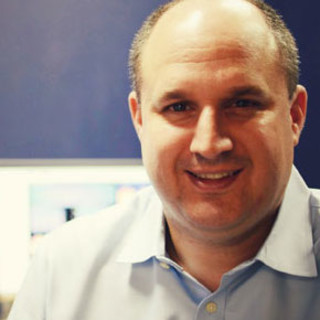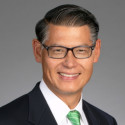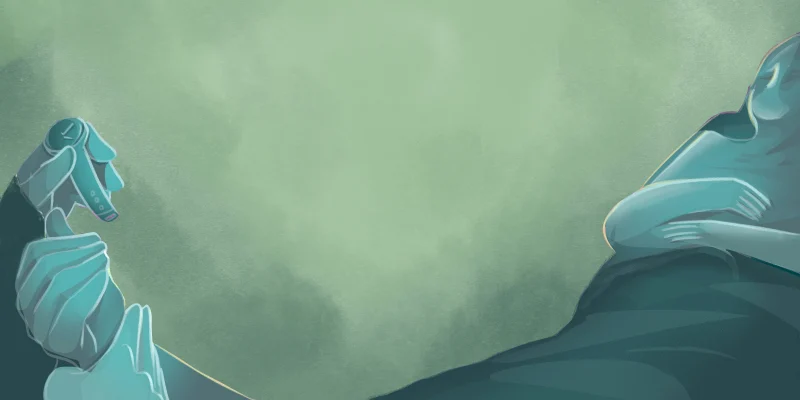 Back in the day (in the dark ages!), when I began taking calls years ago, each Radiology faculty member brought home the beeper on occasion to cover any resident issues from home. Meanwhile, the resident would give independent reads overnight without the attending's help. Imagine, no real nighthawk or night attending coverage whatsoever!
Back in the day (in the dark ages!), when I began taking calls years ago, each Radiology faculty member brought home the beeper on occasion to cover any resident issues from home. Meanwhile, the resident would give independent reads overnight without the attending's help. Imagine, no real nighthawk or night attending coverage whatsoever!
Rarely, if ever, a resident would dial the attending (god forbid!) for some help. Moreover, if the resident spoke to the faculty member past the hours of 10 p.m., he would place him on a blackball list (kind of like the McCarthy era). In essence, this resident's name would ring throughout the department as "incompetent" and "childish" for having to make the phone call for the next several years.
Nowadays, at least at my program (and hopefully at most), the faculty members encourage phone calls at nighttime. If an event takes place that significantly affects the department, I, as a faculty member and associate program director, would rather hear about it at night than have a disaster in the morning. And, that goes for all the radiologists in the department. Today, I consider the ability to know when to call an attending a sign of significant strength. But, is there something to be said for the old-fashioned approach? Or, was it pure hazing, no more, no less?
Strengths Of Discouraging Nighttime Calls For Help (The Blackball Era)
Were there any net positives of feeling that you could not call your superiors for fear of a severe backlash? Well, I would like to say that it was all bad. But in reality, several net positives overwhelmed many of the negatives. And, unfortunately, newer residents lose out on some of these experiences.
First of all, once you start having backups, whether it is a nighthawk, in-house attendings, or senior residents, you lose the independence of judgment. No longer do you worry about missing findings. Instead, you know an attending will eventually find it a little bit later.
Moreover, knowing that you have backup makes a call a less effective learning experience. If you know that your decision will make the difference between patient injury and a good outcome, you will treat the case very differently.
In that same vein, the learning experience of calling was much more intense. One of my attendings used to say "pressure builds diamonds." Well, I believe that statement contains some truth. Those evenings spent making the tough decisions by myself stuck with me for years to come. And, I am thankful for that.
Finally, you developed a camaraderie with your fellow residents in other disciplines who were in the same boat. These connections carried through for the remainder of the residency. Today, it's not quite the same. Each department in the hospital has its backup system. And in a sense, we rely on each other a little bit less.
Weaknesses Of Discouraging Nighttime Calls For Help (The Blackball Era)
First and foremost, you can see why a junior resident commanding a whole Radiology department cannot lead to the best patient care outcomes. And, rightfully so. I would rather have a seasoned attending reading my films than a junior resident.
That premise leads to the next issue, delays in patient management. ER attendings were less likely to allow the resident to make a final disposition. Often, they would keep the patient in the emergency department to wait for a "final read." For instance, if you have a resident reading a case without backup, patients sometimes slip through the cracks. Based on an occasional discrepant radiologist read, an ER attending may occasionally fail to work up the patient appropriately. Or, the ER attending would rarely send patients with appendicitis or ectopic pregnancies home based on a faulty resident read. So, therefore, some ER attendings would choose to delay management until the attending radiologist returns.
And finally, does a resident that seeks help from an attending deserve placement on a blacklist? Probably not. It is an unfair practice. I could easily compare it to a fraternity that requires its new members guzzle a case of beer. It doesn't make it right.
Preponderance of Evidence
So, which way serves the Radiology resident, the patients, and the institution best? Well, based on my arguments for both sides, this call is not as easy to make as you might think at first glance. However, as much as I learned from having been discouraged from calling my superiors, I believe that patient care should take priority. We all took some form of the Hippocratic oath. And therefore, we should try to lower patient morbidity to the best of our ability. Also, decreasing the time spent in the ER improves patient outcomes. Even though today's residents lose out a bit on some of the independence we had not too long ago, trainees and faculty have to think of patients first.
So, call your attendings for help if you need it. And, faculty, please treat your residents respectfully after they call. We no longer live in the dark ages. Calling your attending is appropriate for the best patient care. And, patient care should come first!
Barry Julius, MD, is a board-certified radiologist at St. Barnabas Medical Center. He developed the educational website radsresident that aims to connect radiologists. He is a 2018–19 Doximity Author.







